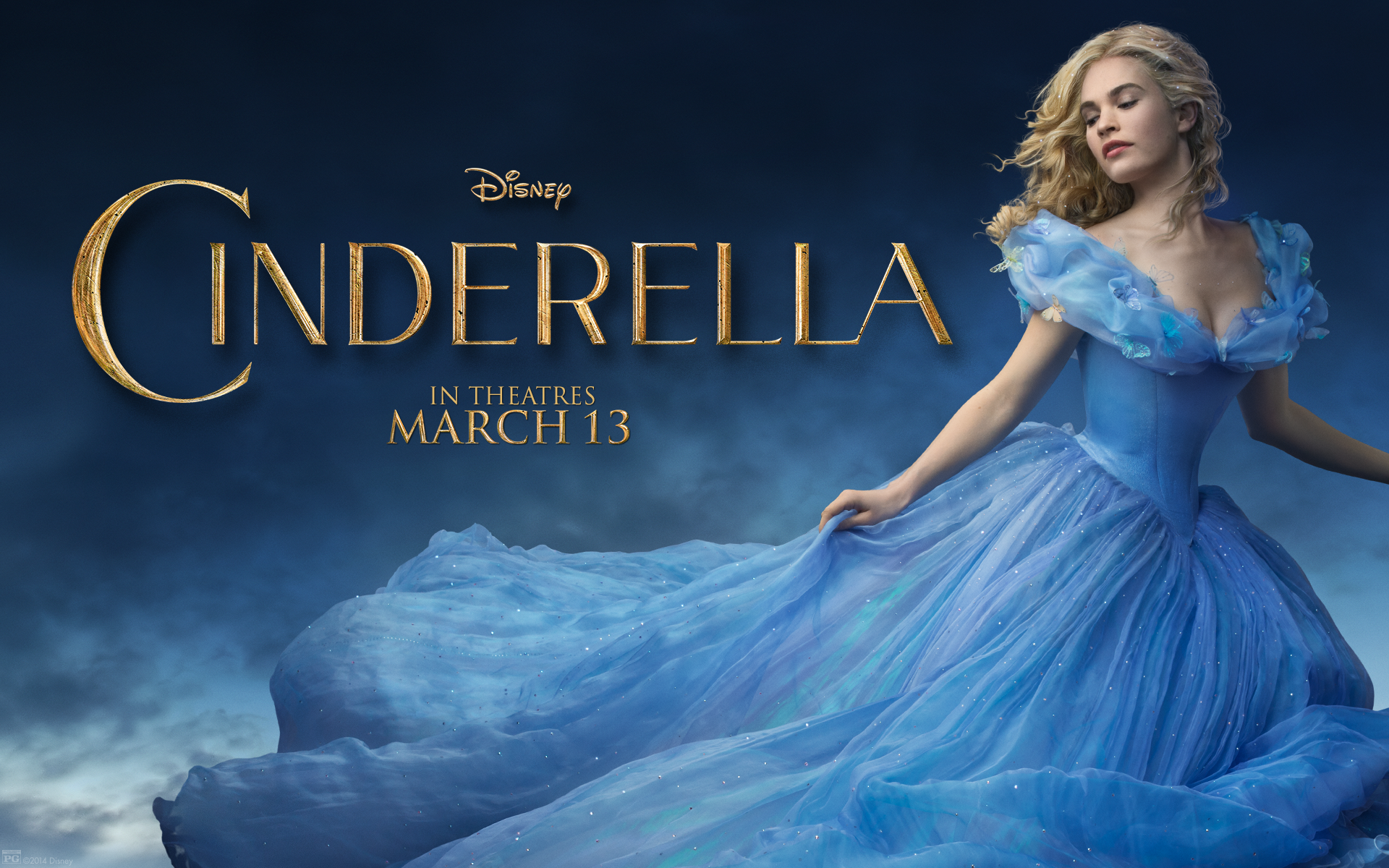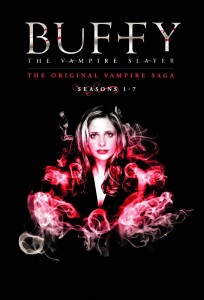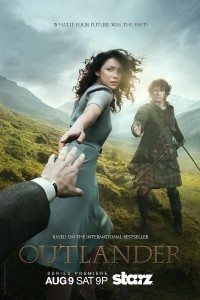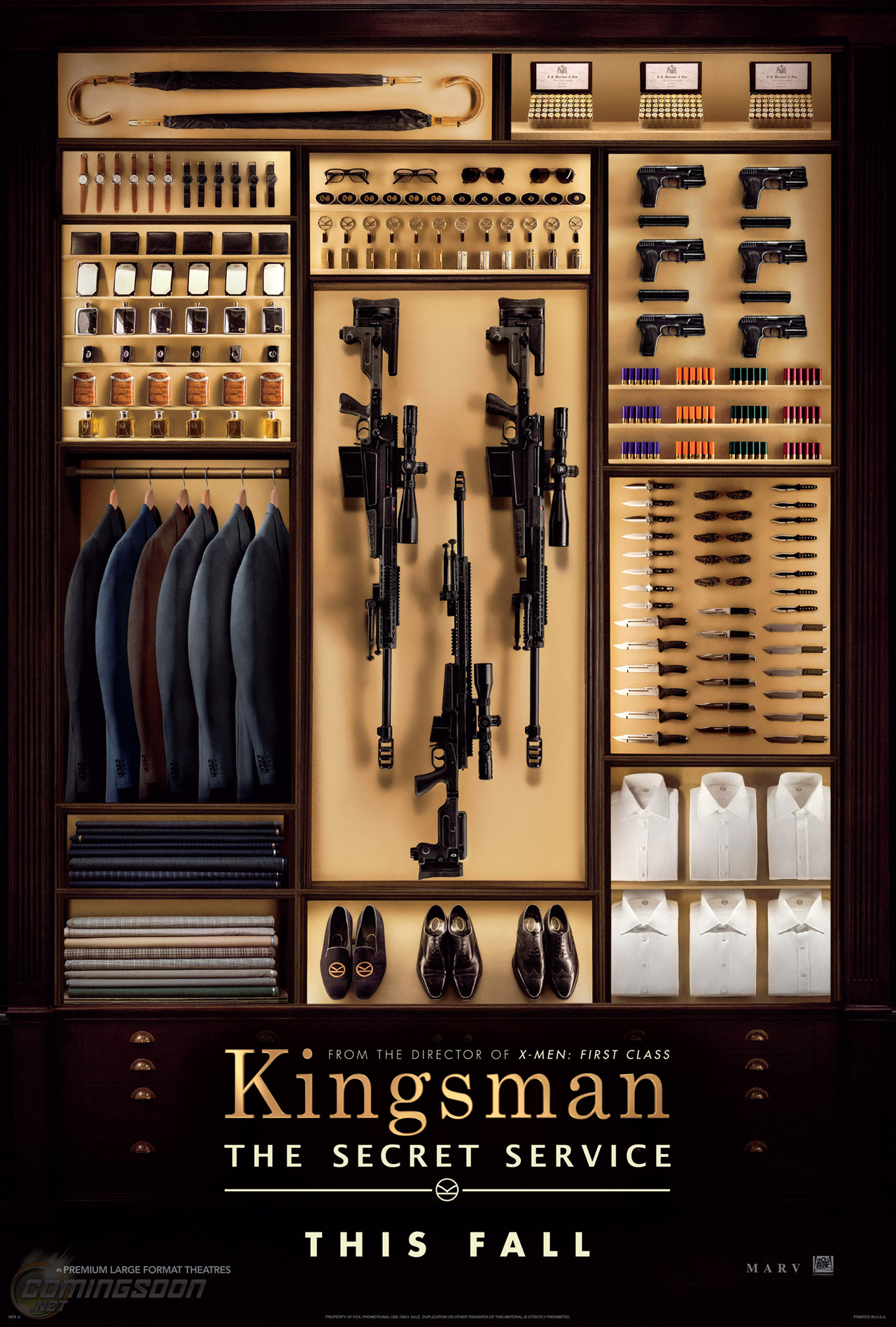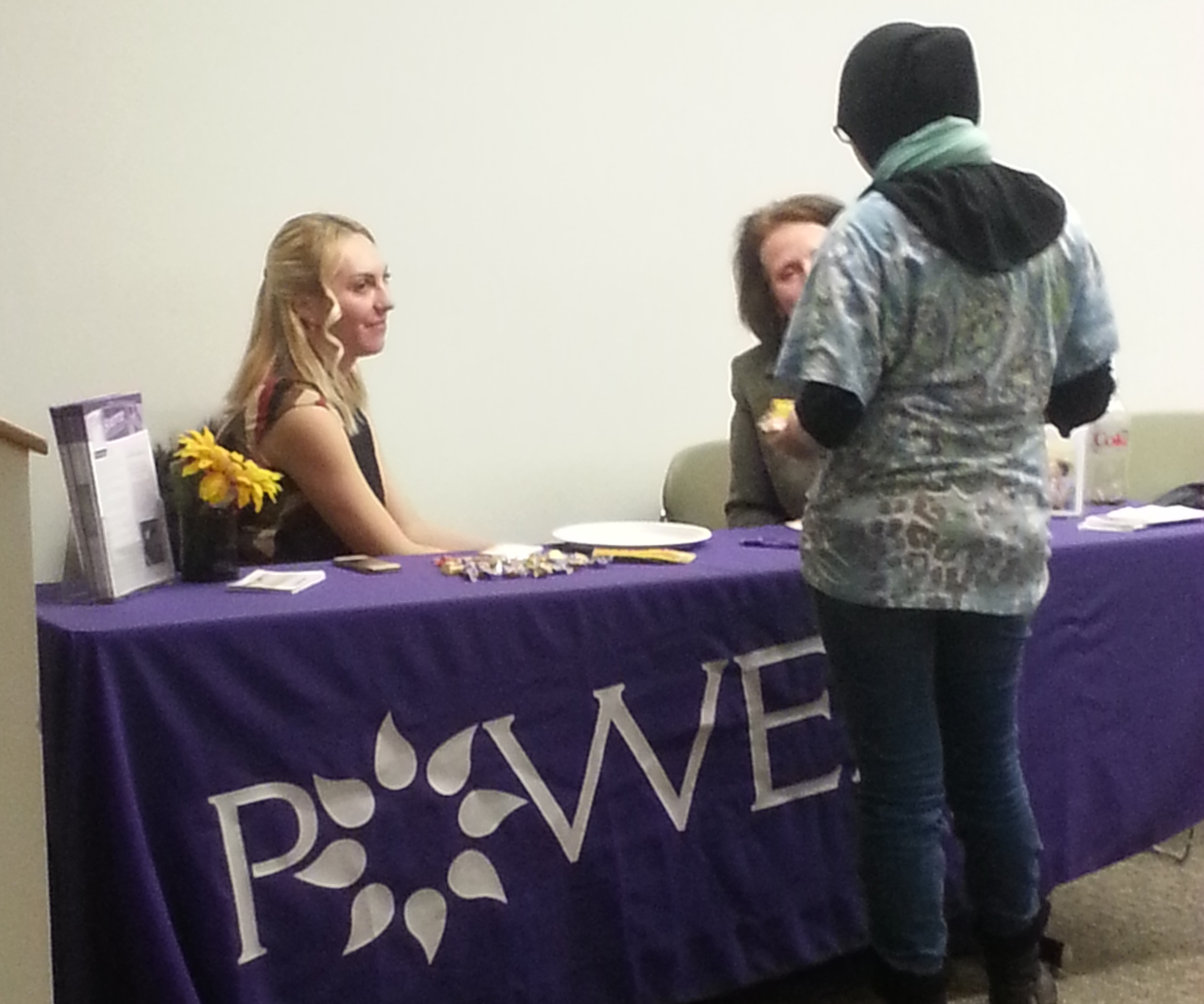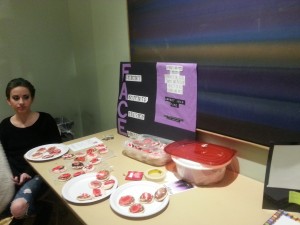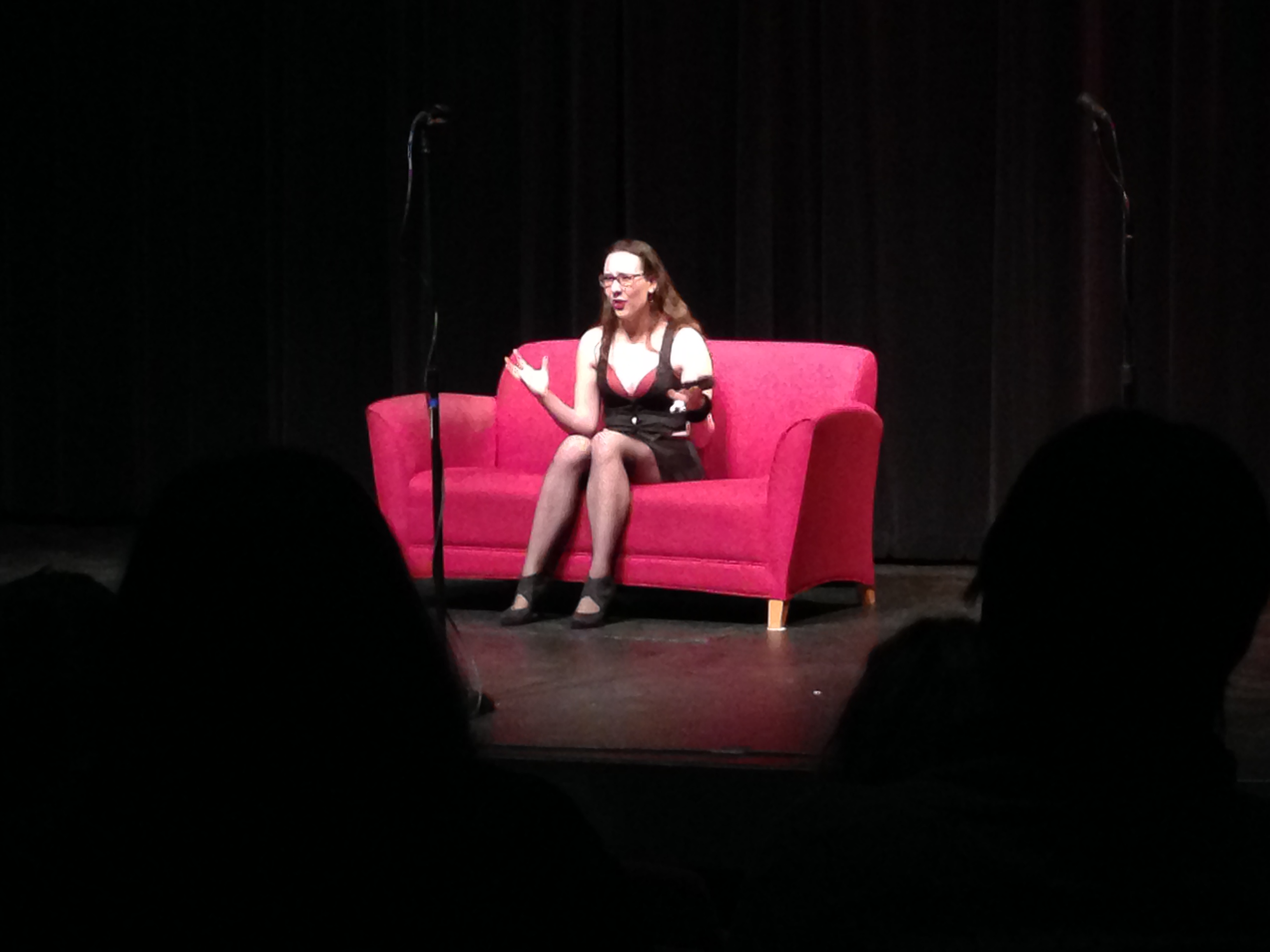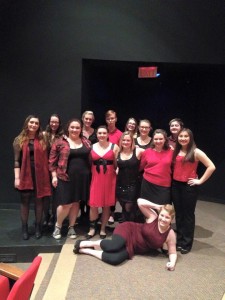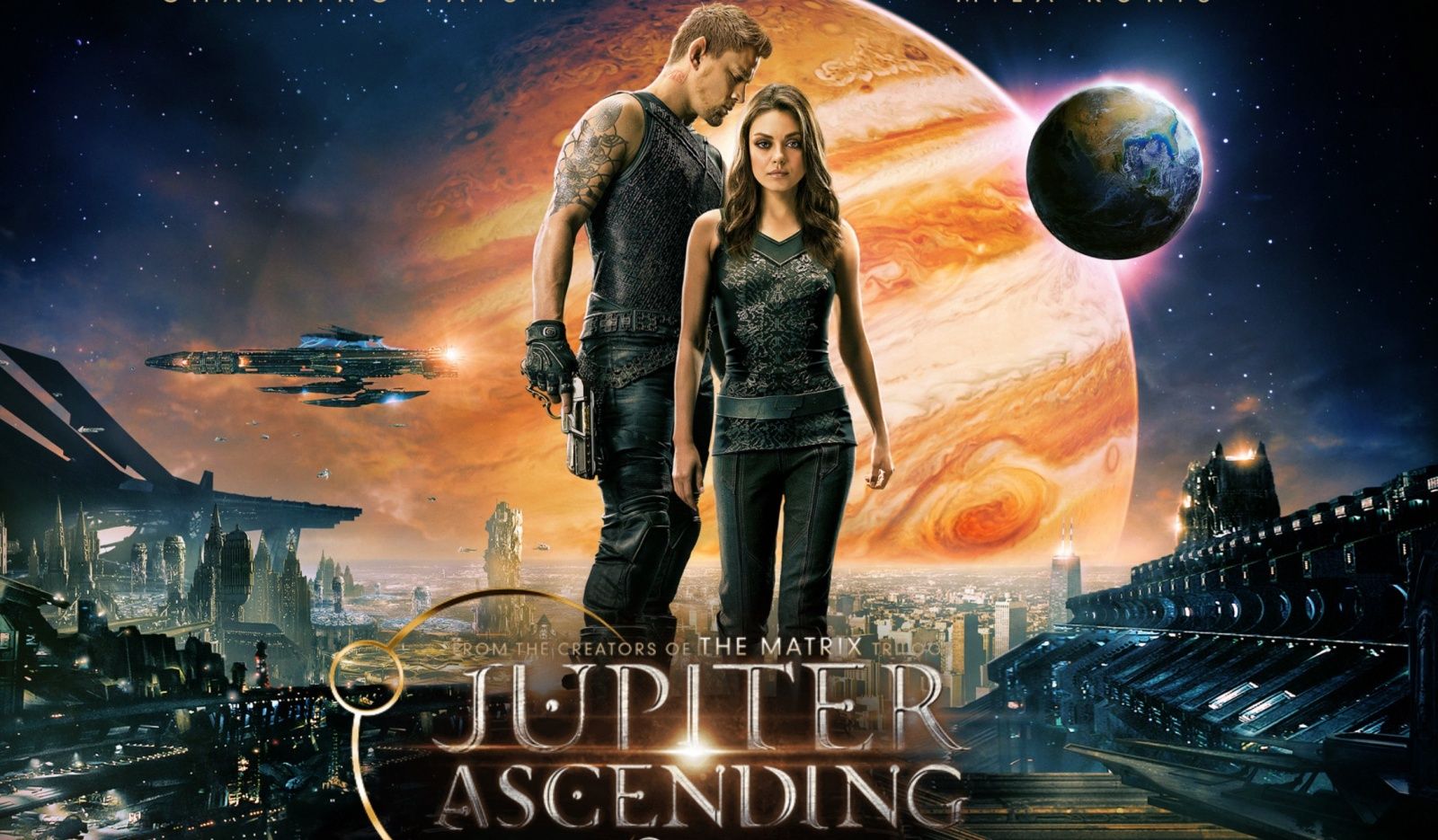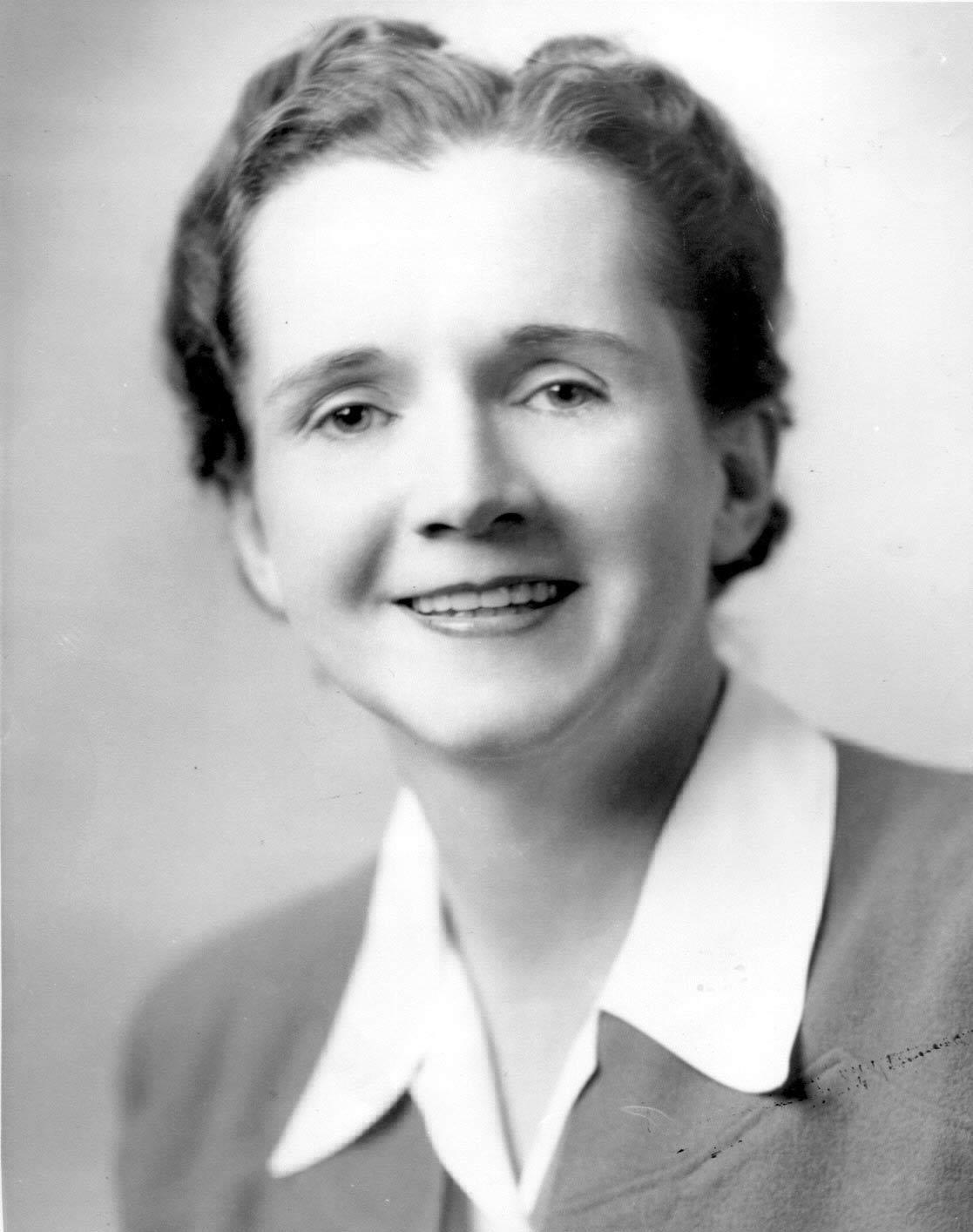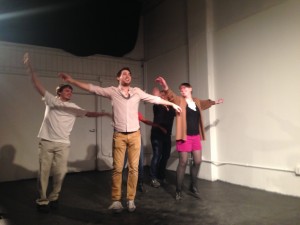Stories about love, kindness, and life are what compel us all to find our happily ever after. This story begins with a young girl named Ella, living in a house far away from the kingdom walls. She is a beautiful girl who lives with her parents, and she couldn’t be happier.
However, stories don’t start out with a happily ever after. When the young girl’s mother falls gravely ill, her only wish for her child is for Ella to be kind and to have courage. Ella practices every day, even when her father remarries to a cold-hearted woman with two equally cold-hearted daughters. When Ella’s father passes away, she finds her courage growing weak, but she never loses her kindness. One day, she knows she will find that one tiny piece of happiness. All it takes is for her to lose her shoe.
We all know the fairytale of Cinderella–even if it wasn’t from Disney. For many of us (older) fairy tale fans, we heard the famous tale from the Grimm Brothers, with their slightly violent adaptation. Over the years, popular television shows and favorite cinematic classics retell and resell the famous story of the shoeless girl who turned into a princess.
This version had a Stepmother (Cate Blanchett), a fairy Godmother (Helen Bonham Carter), a cat named Lucifer, and a CGI mouse named Gus-Gus. Yet, unlike the classic animated Disney version, the Prince (Richard Madden) isn’t clueless or even a Prince when he starts his search for the shoeless girl. But overall, the movie repeats the original animated version.
Then there were scenes that I had always questioned as a young girl watching the Disney film until my father tried to break the VCR player. When asked by someone as to why Ella stayed in her house with her evil stepmother and stepsisters, Kenneth Branagh finally gave us an answer. Ella didn’t want to leave the house her parents had cherished. She wanted to protect the last memories of her family and her childhood from her dark reality. I thought this answer was better than my father’s muttering of “Just watch the movie.”
What also struck me was that when the stepmother took the glass slipper away from Ella, Ella yelled at her, “Why are you so cruel?” Why was this woman, as beautiful as she was, so heartless to Cinderella? And the Stepmother responded, “Because you are young and naïve and innocent. That’s why.” This woman has been so spurned in life that she repelled anything that was good. Instead of seeking redemption or new hope, the stepmother had turned herself as cold as the world that scorned her. It wasn’t for the audience to feel empathy for the stepmother, but a way to understand why she had resented Cinderella when the girl just wanted to be kind to her. The stepmother couldn’t be kind towards Cinderella because she had forgotten what kindness was.
With a keen eye for bright color and inspiring music, the fairy tale Cinderella has made another fantastic appearance for many of us to relive the wonderment of childhood.
5/5
